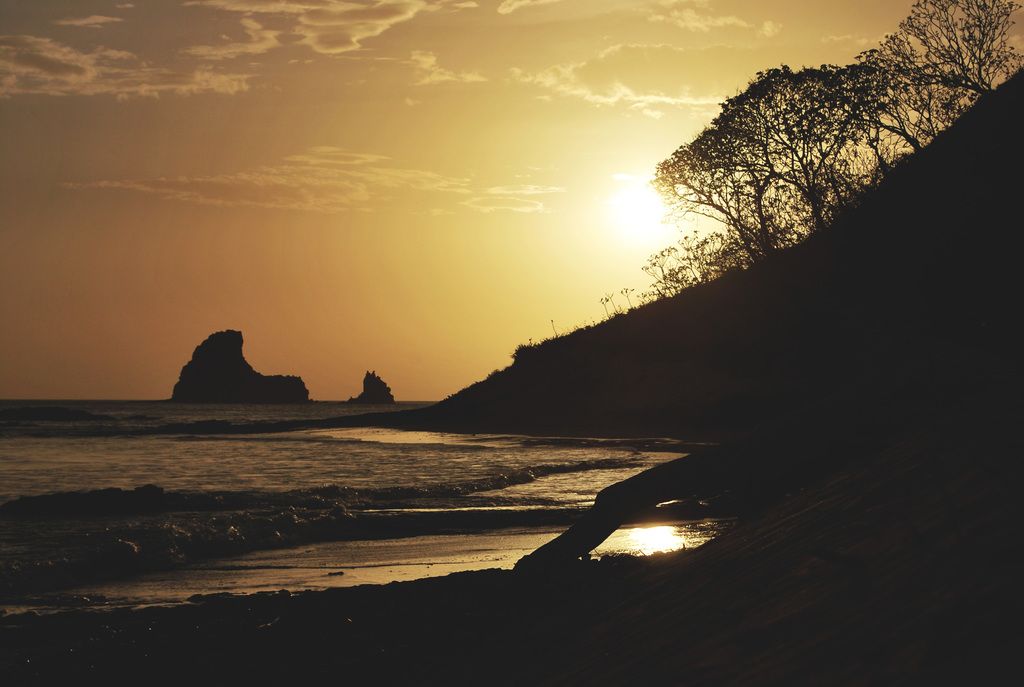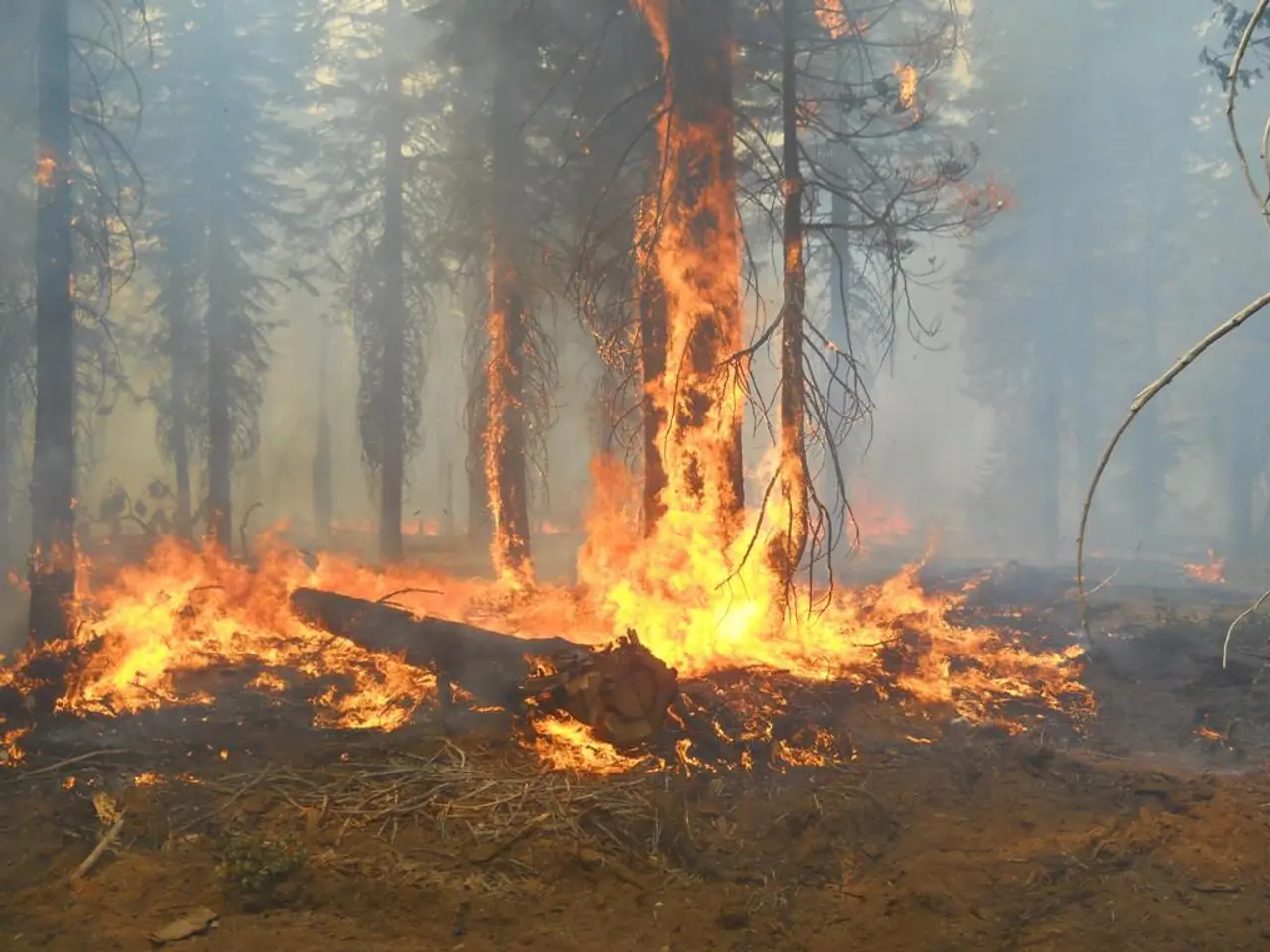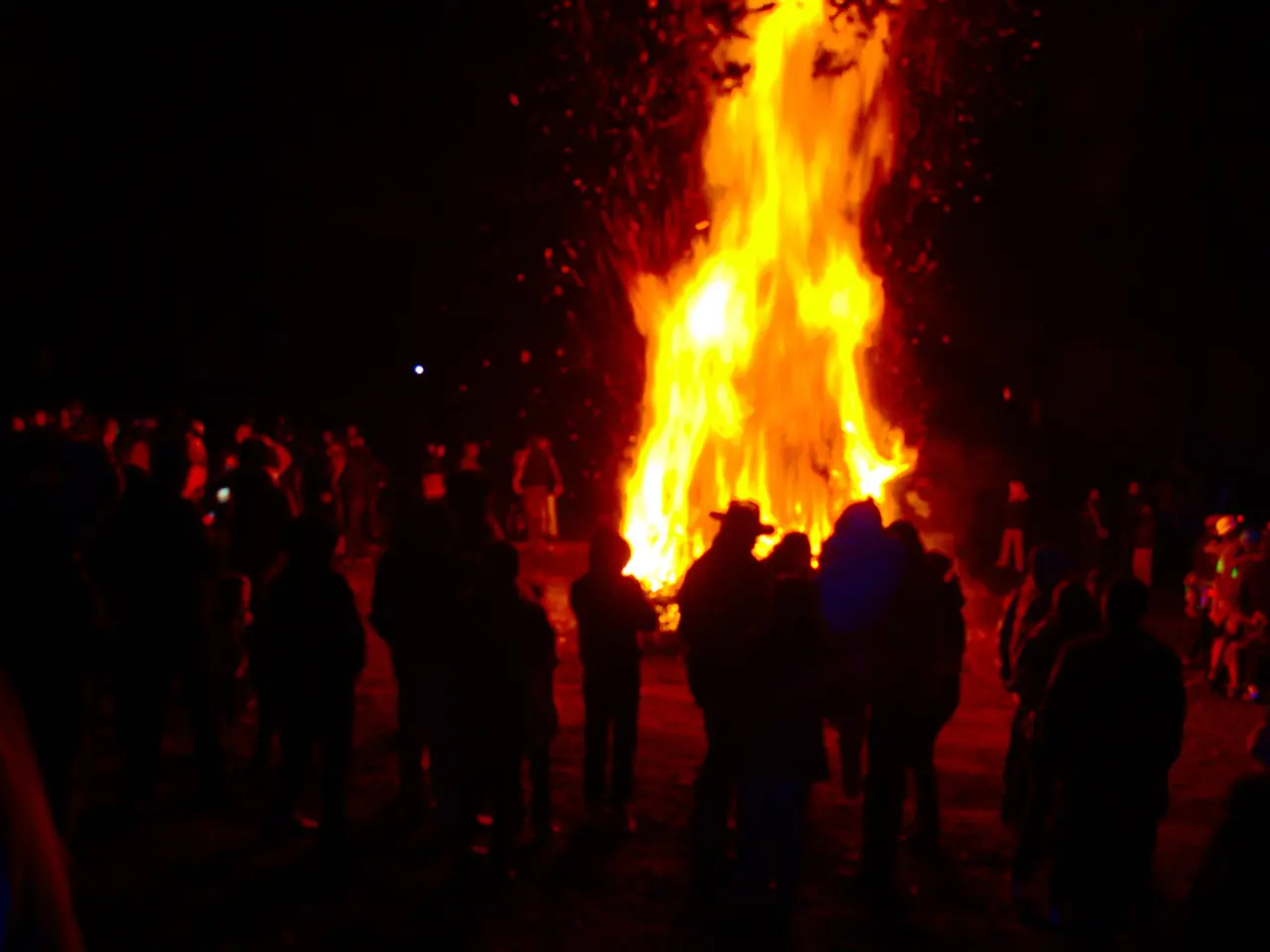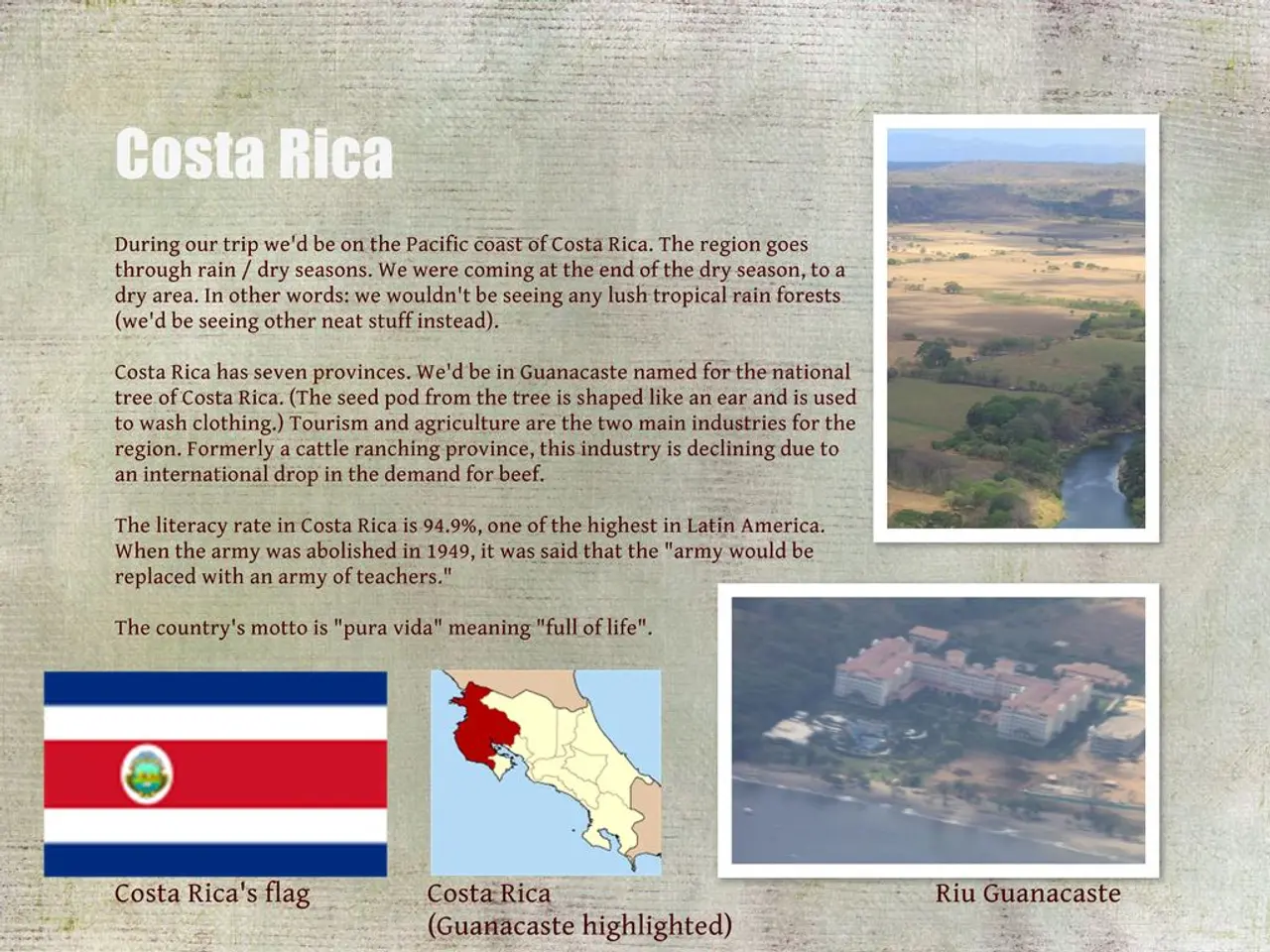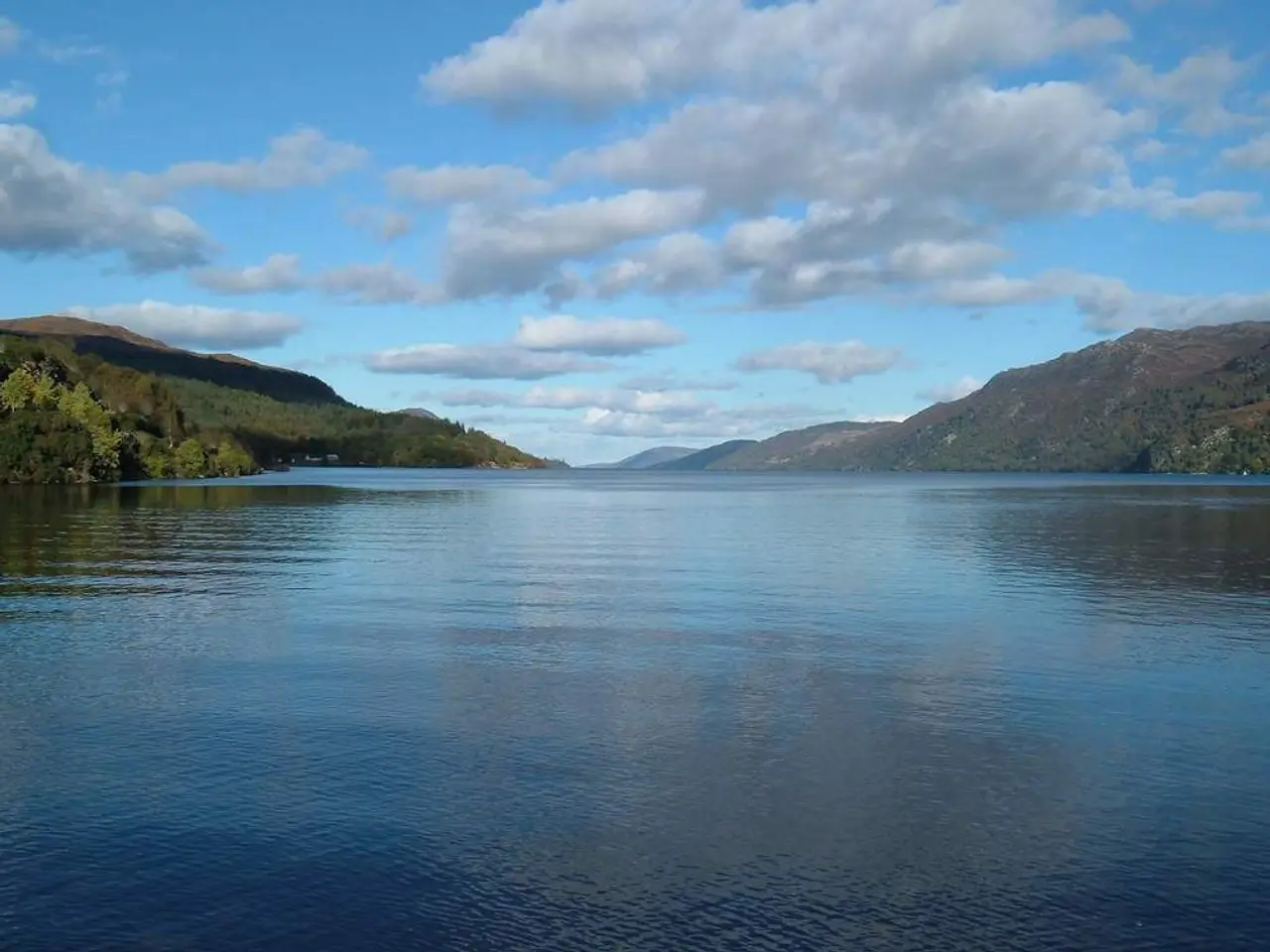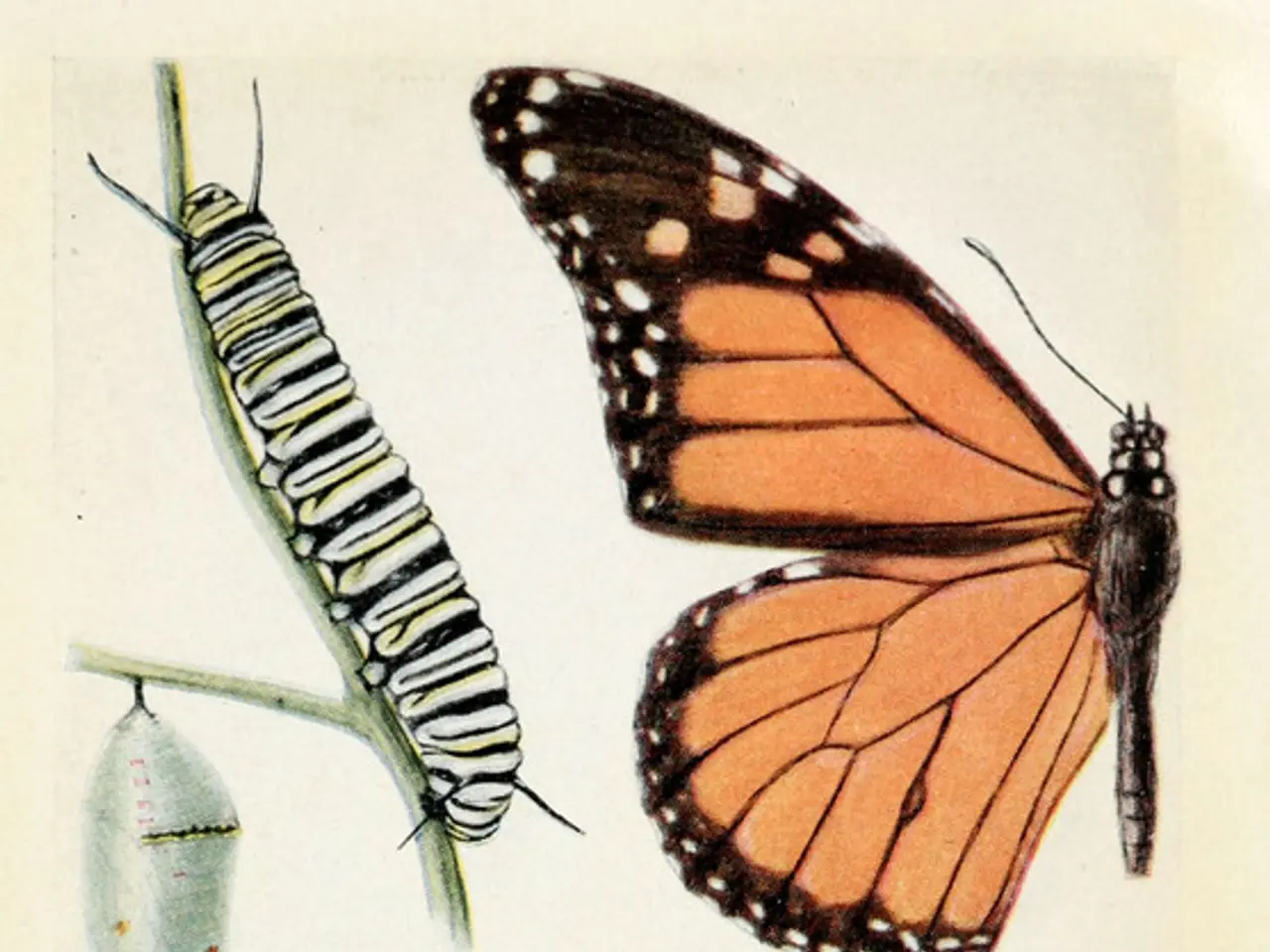Forest blazes in Yakutia successfully put out
In the past day, two forest fires, spanning a combined 10 hectares, have been successfully put out in Yakutia.
At present, a team of 39 specialists is battling a single forest fire that covers 10 hectares in the Verkhoyansky district. Fortunately, there's no immediate danger to populated areas.
Since the fire season commenced on May 1, 2025, a total of 127 forest fires have been recorded on forest fund lands, amounting to 37,081.85 hectares, along with 184 landscape fires covering 6,307 hectares.
The fire season in the republic has shown an early start this year, emphasizing the importance of heightened vigilance and proactive measures [1]. The human factor, such as the spread of fires from dry grass on agricultural lands, has been identified as a major cause during the spring season [1].
Climate change has played a significant role in increasing temperatures and causing atypical weather patterns, further raising the risk of wildfires. Yakutia has seen fires in areas previously considered immune [3]. The ban on controlled burning since 2015 has been noted as a potential factor contributing to the risk of larger wildfires [2]. However, many indigenous communities argue that controlled burning of dry grass could help prevent larger fires and promote a healthier ecosystem, although under safe conditions.
Given the absence of specific details for the Verkhoyansky district, these general strategies offer an insight into the broader approach to managing wildfires in Yakutia. Local strategies might include stricter fire safety regulations, engaging with communities, and possibly reassessing controlled burning practices in safe conditions.
[1] "Fire Season in Russia Begins Earlier Than Usual in 2025". The Siberian Times. (Date of Publication Not Available).[2] "Controlled Fires and Yakutia: A Community Perspective". Mongabay. (Date of Publication Not Available).[3] "Climate Change Increases Wildfire Risk in Yakutia". The Climate Reality Project. (Date of Publication Not Available).
Scientists are closely monitoring the 10-hectare forest fire in the Verkhoyansky district, as the early start of the fire season in Yakutia highlights the importance of understanding environmental-science factors impacting weather and wildfire risk. With climate change causing atypical weather patterns and increased temperatures, science suggests that controlled burning of dry grass under safe conditions could potentially help prevent larger forest fires and promote a healthier ecosystem.
